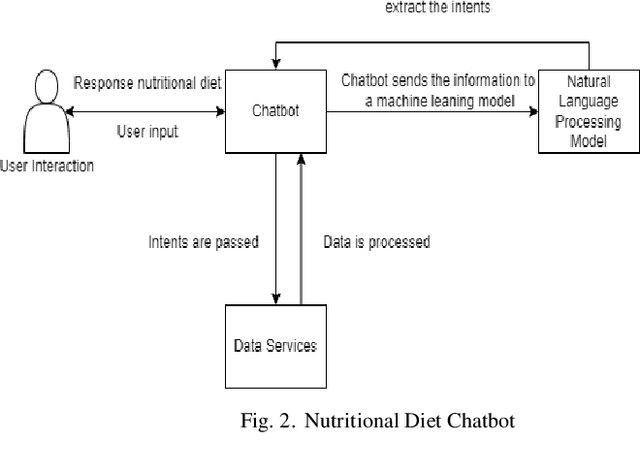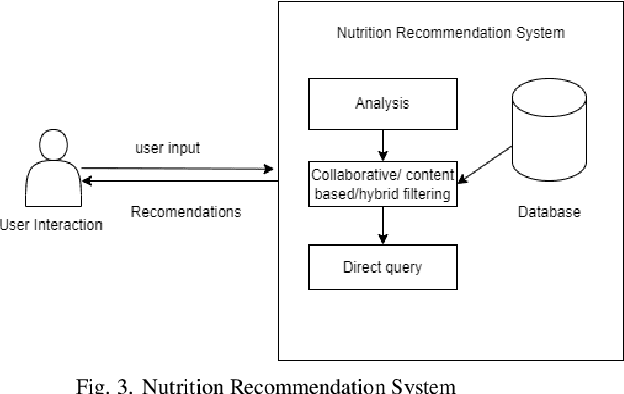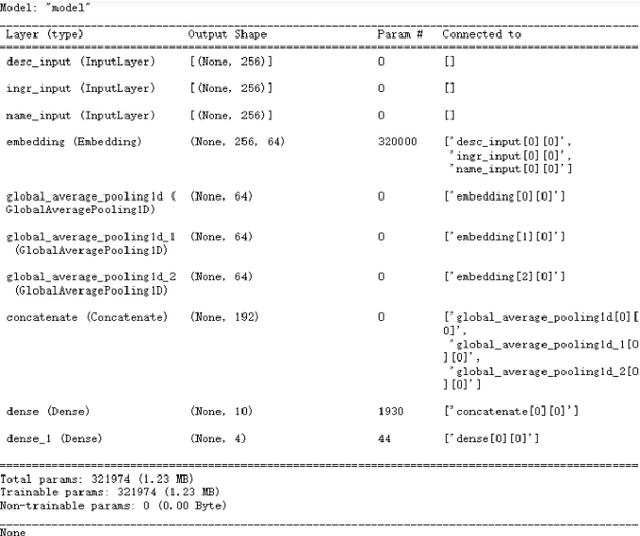Tianfeng Chen
Dual-Pipeline with Low-Rank Adaptation for New Language Integration in Multilingual ASR
Jun 12, 2024Abstract:This paper addresses challenges in integrating new languages into a pre-trained multilingual automatic speech recognition (mASR) system, particularly in scenarios where training data for existing languages is limited or unavailable. The proposed method employs a dual-pipeline with low-rank adaptation (LoRA). It maintains two data flow pipelines-one for existing languages and another for new languages. The primary pipeline follows the standard flow through the pre-trained parameters of mASR, while the secondary pipeline additionally utilizes language-specific parameters represented by LoRA and a separate output decoder module. Importantly, the proposed approach minimizes the performance degradation of existing languages and enables a language-agnostic operation mode, facilitated by a decoder selection strategy. We validate the effectiveness of the proposed method by extending the pre-trained Whisper model to 19 new languages from the FLEURS dataset
Application of AI in Nutrition
Dec 18, 2023



Abstract:In healthcare, artificial intelligence (AI) has been changing the way doctors and health experts take care of people. This paper will cover how AI is making major changes in the health care system, especially with nutrition. Various machine learning and deep learning algorithms have been developed to extract valuable information from healthcare data which help doctors, nutritionists, and health experts to make better decisions and make our lifestyle healthy. This paper provides an overview of the current state of AI applications in healthcare with a focus on the utilization of AI-driven recommender systems in nutrition. It will discuss the positive outcomes and challenges that arise when AI is used in this field. This paper addresses the challenges to develop AI recommender systems in healthcare, providing a well-rounded perspective on the complexities. Real-world examples and research findings are presented to underscore the tangible and significant impact AI recommender systems have in the field of healthcare, particularly in nutrition. The ongoing efforts of applying AI in nutrition lay the groundwork for a future where personalized recommendations play a pivotal role in guiding individuals toward healthier lifestyles.
 Add to Chrome
Add to Chrome Add to Firefox
Add to Firefox Add to Edge
Add to Edge